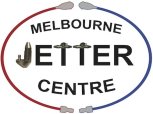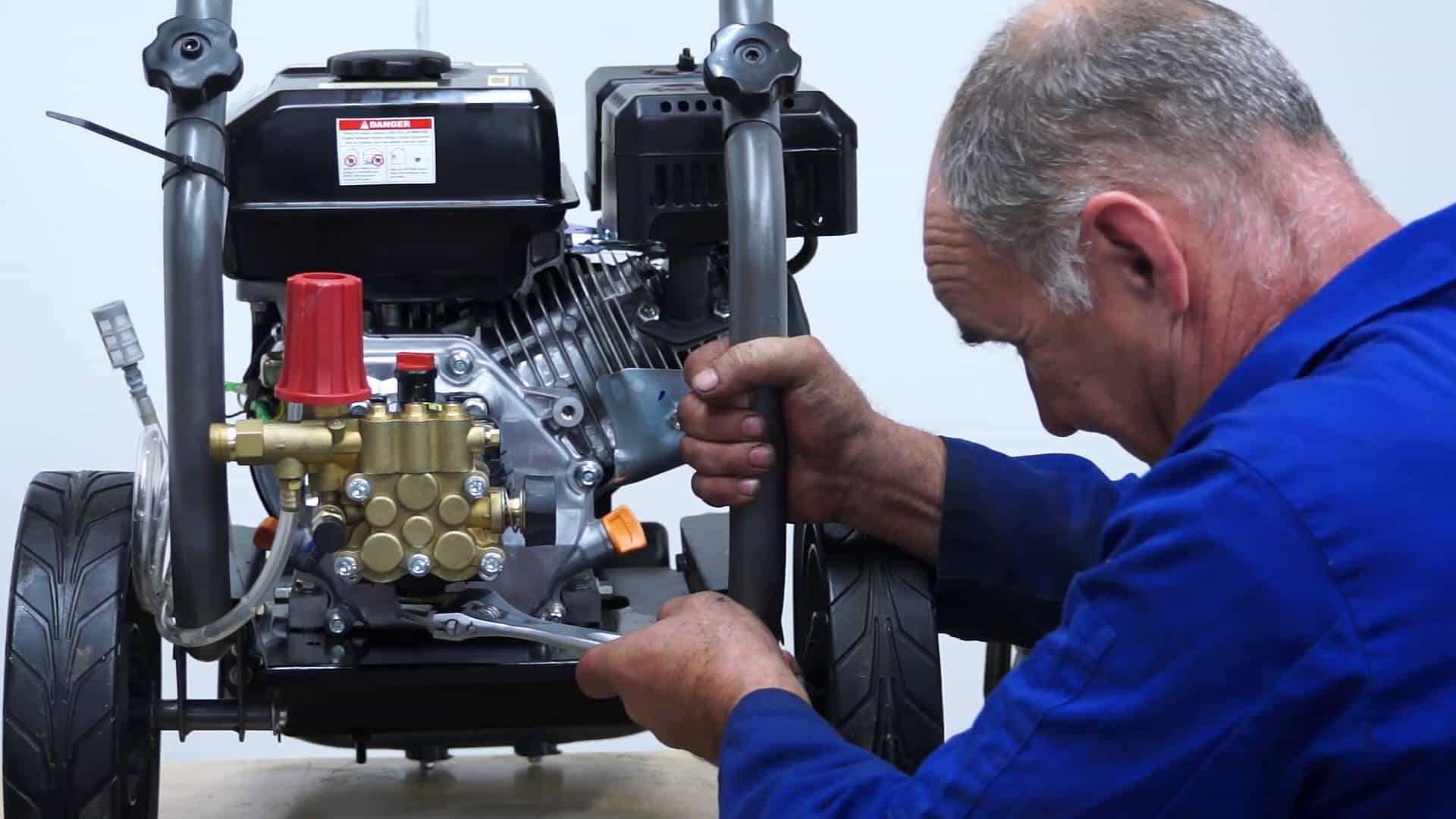Owning a high-pressure water jetter and knowing how to use it properly are two different events. Operating a water jetter is more than just pointing the hose to the direction of the surface you are cleaning and spraying away. It’s about doing a sparkling job but also observing all laid-out operating procedures. The rule of the thumb in jetter operation; safety first. If this is your first time owning or operating a water jetter and you don’t know how to go about it, don’t sweat it; we’ve got your back. In the meantime, we’ve prepared important do’s and don’ts to help you operate the jetter safely.
DO’S
Understand Your Needs And Choose The Right Water Jetter
Before you decide which water jetter to buy, first ask yourself, “Where and what’s the intention?”
If you intend to use the water jetter for home purposes such as unclogging drains and pipes, then a jetter with a lower PSI, say 3000 PSI. Alternatively, choose a jetter with a higher PSI, from 4000 and above, if you intend to use it for commercial purposes such as jetting large 100 – 150 mm diameter drain and sewer pipes.
Also, different surfaces and pressure require different nozzles. Depending on the job you’ll be working on, always choose the proper nozzle.
Additionally, if your work isn’t in one place and requires you to be mobile, consider a jetter mounted on a cart, trailer, or one mounted on a gal roll frame with pneumatic wheels for mobility and convenience.
Get Training & Educate Yourself On How To Operate The Machine
Training and understanding how to operate a water jetter begins with reading and understanding the manufacturer’s manual. The manual contains all the basic info you need before you hit the On switch.
Additionally, The National Careers Institute offers training on operating high-pressure water jetting systems at an affordable fee. Better still, the government also provides financial assistance to students to instill this vital skill. Also, there are private institutions that offer the same course. Get training and certification as a Class A or B operator.
Always Wear Safety Gear
Remember the rule of the thumb; safety first. Operating a jetter comes with its own set of risks, such as high pressure. When you aim the hose at a surface and water jet, the high pressure dislodges and disintegrates particles and debris from surfaces. This debris flies in multiple directions at high speeds, and the last thing you want is a concrete piece to hit your eye or skin, causing irreversible damage.
Also, even at lower pressures, the water is pressurized enough to puncture, cut, or peel off the skin and cause severe damage. Therefore, before you even touch the jetter, ensure you have safety gear, including;
- Goggles or face shield, or both
- Safety helmet
- Safety boots
- PVC overalls, jacket or trousers
- Heavy-duty gloves
All Hoses Should Be Restrained
Water jetting accidents such as hose whip can cause severe and irreversible damage, especially if the jetter doesn’t have an auto shut switch. To avoid such mishaps, always restrain all hoses using whip checks. This way, if a hose accidentally dislodges from the water jetter, the whip check will lock it in place and minimize any damage the loose hose might cause.
If you are not sure about hose which checks, get in touch with our Melbourne jetter experts for more information.
When Not In Use, Always Switch Off The Engine
There’s less to zero chance that a switched-off jetter can move or spray water. The engine powers the machine; therefore, if the engine is off, there’s no power to operate the jetter. Even if unauthorized or unqualified persons get access to the jetter, they cannot use or move it.
Stay Alert & Always Pay Attention On The Job At Hand
Don’t overlook the damage a water jetter can do if abused. Always ensure;
- Never operate whilst under the influence of substances
- Avoid distractions like operating a phone
- Hold the hose with both hands for a better grip
- Stay alert to your surroundings and avoid spaces with people, such as children
DON’TS
Do Not Direct The Jetter Spray At Any Person, Animal, The Machine Itself Or Any Electrical Equipment.
High pressures can tear through and dislodge concrete, imagine the damage such high pressure can do to the human skin, animal, or delicate surface. So, avoid aiming at any person or animal. If you can, avoid operating the water jetter near people, animals, or any electrical equipment.
Additionally, the machine has electronic components and delicate surfaces. Therefore, while operating, avoid aiming it at any electrical equipment or the machine itself, else you risk an electrical shock or damage to the machine’s electronic components. If you want to clean the machine, follow the manufacturer’s manual or call the Melbourne Jetter Center to clean it for you the proper way.
Do Not Hold A Finger Over The High-Pressure Nozzle
Even at a low 1,500 PSI, pressurized water is strong enough to tear or puncture through the skin to the bone. Putting a finger over the high-pressure nozzle can cause irreversible damage to your finger to the bone or even severe it. Holding a finger or any other body part or delicate surface over the high-pressure nozzle is a big no.
Do Not Use A High PSI For Small Jobs
Small jobs such as unclogging your sink can be done at low a PSI or even discard using the jetter altogether. A higher PSI should be reserved for tough jobs like clearing sewer lines or water jetting your concrete-floored driveway. You don’t want to see your valuables, such as your favorite GTO scratched or house windows broken because you used a high PSI on a small PSI job or a job that didn’t require the jetter at all.
Do Not Operate The Machine Whilst Standing On Ladders Or An Unstable Surface
Don’t underestimate the power of water jetter. The high pressure produces recoil velocity similar to a gun, though lower. The kickback, nonetheless, is enough to destabilize you. If you are operating the jetter while on top of a ladder or loose surface, you risk falling and causing injury.
Do Not Attempt Any Mechanical Repairs Yourself
If the machine needs repair or maintenance, you may want to DIY. However, while the water jetter is a machine, it has many moving components that might be different from your car. Therefore, the best action to take is to call Melbourne Jetter Centre technicians to conduct any inspection, maintenance, and repairs. This way, you can rest assured it’s been done right and using the recommended accessories.
The Bottom Line
A water jet is a valuable tool, but only when used correctly. Whether for domestic or business use, using the jetter as we’ve outlined for you will help you achieve your bottom line. At Melbourne Jetter Centre, we have an assortment of revolutionary water jets for your intended purposes. If you need a water jetter or need any other service, contact us, and our experts will be glad to be of service.


